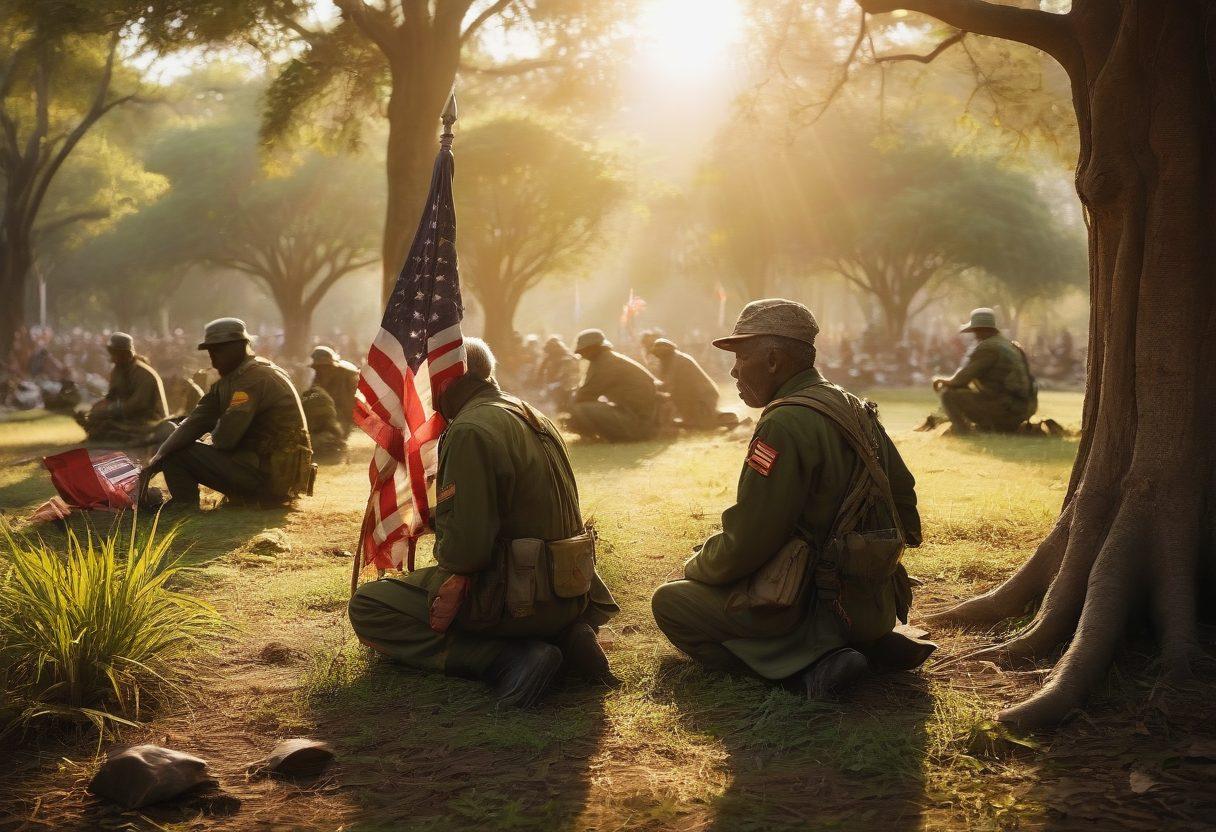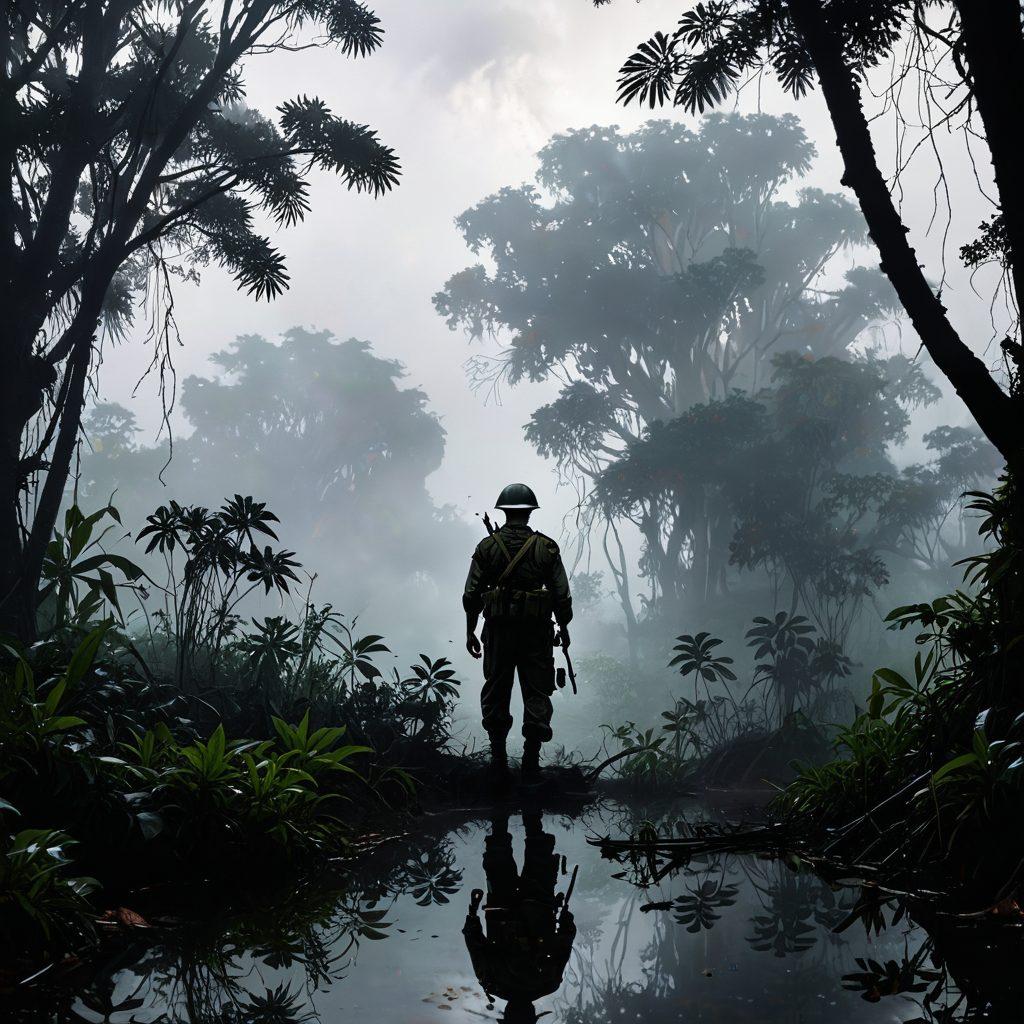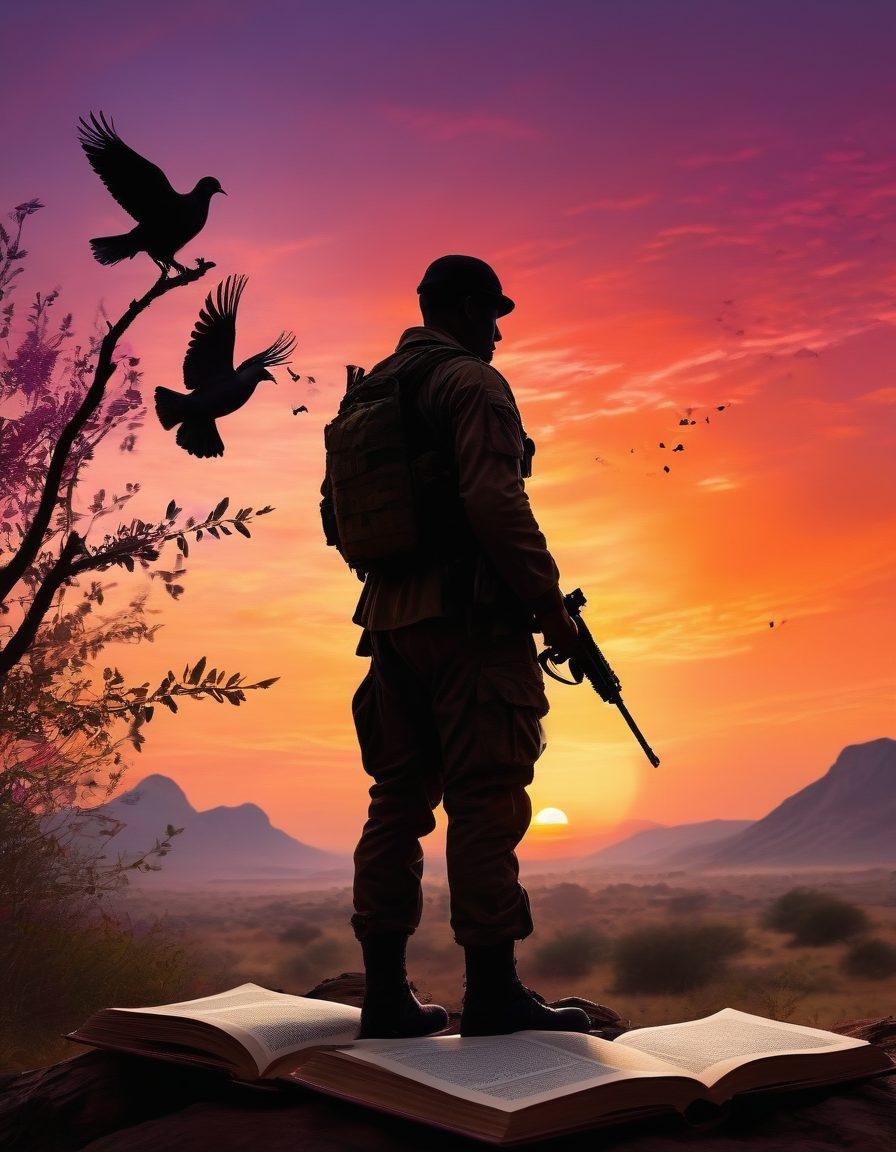Echoes of Valor: Exploring the Untold Narratives of Vietnam War Veterans
In the midst of vibrant Saigon history lies a tapestry of personal journeys, woven together through the experiences of war veterans who lived through the harrowing chapters of the Vietnam War. The resonant echoes of their narratives not only inform us about the military operations and strategies employed but also about the profound socio-political impact of war on individuals and communities. As we endeavor to unveil these stories, we invite readers to immerse themselves in the rich fabric of Vietnamese history, where each thread represents the unique and often tumultuous experiences of those who served during this captivating military conflict.
War is a canvas painted with the colors of bravery, sacrifice, and sometimes, regret. Reflecting on their service, many veterans share war narratives that address not only the thrill of combat but also the crushing weight of loss. One veteran recalls a poignant moment in the jungles of Vietnam: "You never forget the faces of those you lost; their memories are my companions wherever I go." Such introspective reflections draw us closer to understanding the complexities of the Vietnam conflict and challenge us to respect the emotional scars borne by those who served in the U.S. military.
Through the lens of personal stories, we unveil a deeper understanding of the Vietnam War beyond the historical events documented in textbooks. These narratives reveal the resilience of the human spirit amid turmoil. For instance, stories of camaraderie found in the harsh realities of war highlight the bonds forged in the trenches. Veterans often reminisce about the laughter shared during quiet moments; it is within these anecdotes that we find hope and humanity amidst despair. How can we as a society honor these connections formed in the throes of such a challenging military strategy?
As we explore the Vietnamese heritage intertwined with these experiences, we’re reminded of the lasting legacies of the U.S. involvement in Vietnam. The war narratives captured in literature and commemorated in statues and memorials serve as a testament to the struggles faced—not just by the soldiers, but by entire families and communities impacted by the war. Each statue tells a story, each inscription a reminder of sacrifices made, and each gathering at a memorial a moment to reflect on the cost of conflict. How often do we take the time to delve into the histories represented in our communities?
Engaging with veterans' stories allows us not just to remember history, but to learn from it. The rich insights shared by those who witnessed the wrath of war offer lessons on empathy, resilience, and the complexities of global politics. Their experiences challenge us to ponder, "What can we do today to ensure that the voices of these veterans are heard?" Together, we can foster dialogue around the military history of Vietnam, honor the legacy of those who served, and uphold the integrity of their journeys as we pave the way for future generations.
The Legacy of Sacrifice: How Vietnam Shaped Military History
The Vietnam War stands as a monumental chapter in military history, marked by profound sacrifice and complex narratives. It's not merely a conflict; it is a mosaic of human experience that shaped the identity of a nation and its veterans. Many may know the surface-level statistics of the war—the battles, the losses, the protests—but beneath this lies a tapestry of war narratives that encapsulate the essence of bravery, resilience, and heartbreak. How did the Vietnam conflict mold the very fabric of military history, and what legacies do Vietnam War veterans carry with them into the present day?
In Saigon history, memorials and statues stand as a testament to the trials faced not only by the U.S. military but also the Vietnamese people. As one veteran, Richard Wallace, said, ‘There are stories etched in that land, stories that we will carry all our lives.’ These words resonate deeply, echoing the sentiments of countless war veterans who have returned home, only to find that the war has become a part of them, woven into their very beings. The socio-political impact of war reverberates through generations, leaving an indelible mark on veterans stories that linger long after the last shots are fired.
Engaging with the historical analysis of the Vietnam War reveals not just the strategies employed in military operations, but also the human side of conflict. The narratives encompass the courage displayed by individuals amidst chaos, the friendships forged in trenches, and the psychological toll that often accompanies a soldier’s return. It beckons us to ask—how do we reconcile the stories of valor and sacrifice with the hard truths of what war truly entails?
War literature provides a compelling window into the heart of the Vietnam War. Works penned by veterans and historians alike allow us to walk in their boots, experiencing first-hand the devastating effects of combat. Each narrative recounts not just hostile engagements but also the quieter moments, the reflection under a starlit sky, the longing for home, the bittersweet memories of Vietnamese heritage, and the enduring hope found even in the darkest days. We can learn valuable lessons about empathy through these tales. How do we engage with the legacies that such a brutal military conflict has bequeathed to us?
Ultimately, the legacy of sacrifice from the Vietnam War is a powerful reminder of the complexities of military history. Each veteran carries a unique story, a silence that yearns to be heard. It is our collective responsibility to honor these narratives— to uphold the memories of those who fought and to understand the impacts of their service. Statues and memorials are not merely tributes; they are a call to action for us to delve deeper into the realities of historical events. As we explore these legacies, let us commit to listening and learning from the past, ensuring that the valiant echoes of valor never fade into silence.
From the Battlefield to the Page: War Narratives that Resonate Today
The stories we tell shape our understanding of the world, and few narratives resonate with the same intensity as those from the Vietnam War. Often reduced to mere statistics or news headlines, the Vietnam conflict harbors a wealth of personal experiences that bring to life the complexities of military operations and the socio-political impact of war. Through the voices of war veterans, we gain insight into both the harsh realities of combat and the profound emotional reverberations that echo long after the last shots are fired.
With every tale shared—whether it’s a profound moment of camaraderie in the jungles of the Mekong Delta, or the quiet solitude of navigating life after war—we begin to weave together the fabric of Vietnamese history and military history. These narratives, often wrapped in layers of trauma and resilience, are more than just combat stories; they are a testament to the human spirit’s capacity to endure. A poignant question arises: how do we honor these veterans' stories while ensuring they are not forgotten?
One powerful way to remember is through war literature, a genre that does more than just recount battles. Through evocative prose and poignant poetry, writers transform the messy chaos of the Vietnam War into narratives that speak to both veterans and civilians alike. Literature has the power to bridge generations, helping new audiences understand the complexities of U.S. involvement in Vietnam and the repercussions that ripple through both American and Vietnamese societies. It invites reflection on the strategic decisions made in Saigon history and the long-lasting effects of military conflict.
As we explore these courageous tales from the battlefield to the page, we discover that statues and memorials don’t merely commemorate names; they hold stories—stories that can spark conversations on the complexities of military strategy and the intricate web of historical events that shaped a generation. “We cannot forget the past,” said a Vietnam War veteran, reminding us that every name etched in stone represents aspirations, dreams, and a legacy worth examining. What can we learn from their narratives to inform our present and future?
Ultimately, the war narratives of these veterans serve as vital texts in our understanding of not just military operations but the fabric of our humanity. They urge us to take action: to listen, to engage in dialogue, and to seek a deeper understanding of the Vietnam War and its implications today. By diving into these stories, we can appreciate the rich tapestry of Vietnamese heritage and acknowledge the significance of the sacrifices made. We may find that in each combat story lies a lesson—a guidepost towards empathy and healing for not only veterans but for all who navigate the complexities of history.


